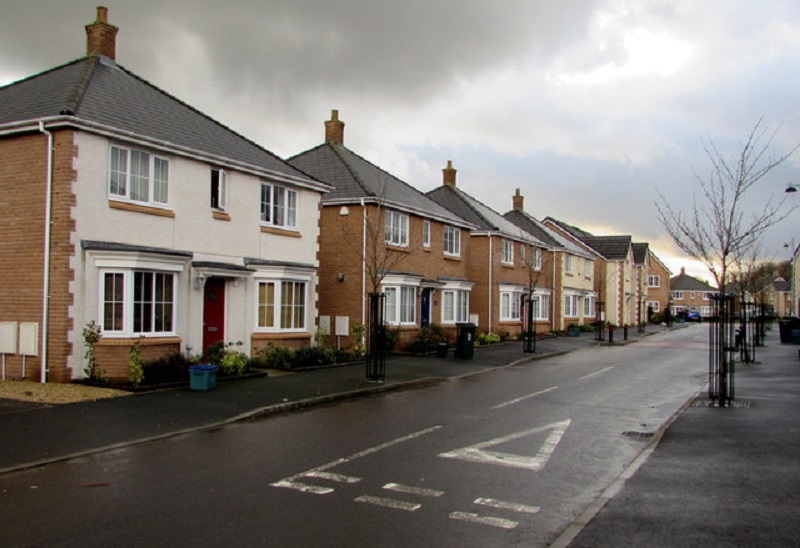With the price of homes around the UK shooting up and the government’s currently ineffective ways of reducing this problem across the country, the ILC-UK has assessed that at the current rate that it is going Britain could be facing an even greater crisis regarding the housing of the elderly and the retired members of society. Indeed, the International Longevity Center has announced to the government that if plans and initiatives are not implemented to rectify these housing risks, there could be by the year 2050 a 376,000 housing gap for those in retirement. Even more prescient, by 2030 alone the figure of retired elderly people with nowhere to settle into a permanent home of their own could be as high as 160,000 despite the fact that 9 out of 10 between the ages of 65 and 79 currently live in properties that are deemed “under-occupied.”
The concern for the ILC’s CEO Baroness Sally Greengross, who raised her concerns to the government recently, is that the current conservative agenda in place for the elderly is to punish them rather than secure their wellbeing. Indeed, the conservatives hardly have a very good record dealing with these issues: their imposition of the disgraceful bedroom tax and their apparent wishes to scrap free bus passes for the elderly demonstrates that they are hardly the most compassionate individuals to deal with this pressing matter.
Indeed, Baroness Sally Greengross emphasized that the government needs to interact with housing and development authorities all over the country in order to ensure that such a shortage of housing for the elderly is rectified and solved. Similarly, her position as CEO of ILC-UK has called to the government to reconsider its current policies on Stamp Duty, which currently imposes incentives that would deter individuals in the elderly community to change their plans. In any case, it is more than abundantly clear that the government needs to address this issue in order to ensure the safety and wellbeing of the elderly in the future of this country.


